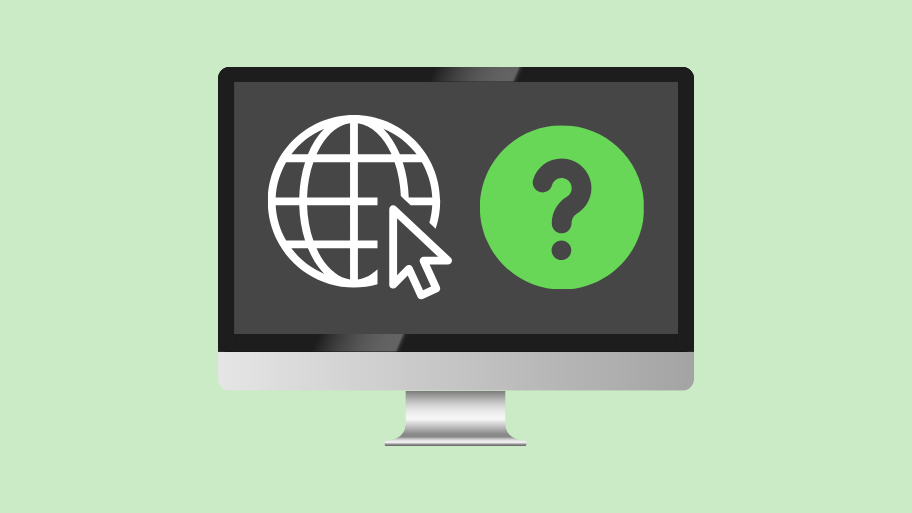What is the Internet?
By Corbin HartwickUpdated on August 22, 2024

The Internet makes so many parts of our modern everyday lives possible or more convenient that it’s easy to lose sight of what the Internet actually is. At TechBoomers, we understand that the Internet can be a difficult concept to grasp, as it’s often caught up in a tangle of other closely-related ideas that either make the Internet possible, or are possible because of the Internet.
So don’t get discouraged if, by the end of reading this article, you still don’t quite get what the Internet is. As you read the rest of the articles in our Internet Basics cluster, it should hopefully become clear what the Internet is and isn’t; that is, what technologies come together to make the Internet, and what technologies merely rely on the Internet to work.
Definition of the Internet
The Merriam-Webster dictionary gives the definition of “Internet” as:
“An electronic communications network that connects computer networks and organizational computer facilities around the world.”
What this basically means is that the Internet is just a whole bunch of computers connected together. In principle, it’s somewhat similar to how phones work; it’s a collection of various individual devices that are connected at different centralized points, in such a way that it allows people to talk back and forth with each other. In fact, the Internet actually used to need phone lines to work (and yes, we’re old enough here at Tech Life Unity to remember those times)!
But the Internet is more advanced than that. For one thing, there are different types of computers. While many are designed to be personally easy-to-use with image-based interfaces, there are others that have little interactivity at all. They are simply used to connect groups of related computers and send their information somewhere specific, or act as gatekeepers for information coming in or going out.
In addition, computers close together can have their own small private networks. It’s sort of like how certain phone numbers in large businesses have “extension” numbers that you can punch in to reach a specific department or person. Finally, like people sometimes have home phone numbers and business phone numbers so that callers can reach the same person in different places, there are often many different ways to reach the same place on the Internet through hyperlinks. (See our What is a Hyperlink article for more information.)
In fact, if you tried to map out all of the different connections on the Internet, it would look something like this.
That’s pretty mind-blowing, right? And that’s just from 2005. Imagine how much the Internet has grown since then!
Where did the Internet come from?
The Internet actually started as a military project back in the 1960s, spearheaded by the American government with co-operation from Britain and France. The goal was to create a communication network through computers that had enough redundant connections to prevent the cutting off of one (due to sabotage or interception by the enemy) from taking the whole network down. The result was an early form of the Internet called ARPANET.
About two decades later, the National Science Foundation began pouring funding into a way to adapt ARPANET’s technology for non-military uses. This resulted in many colleges and universities in America having their computer networks connected into a smaller, academia-focused Internet. Eventually, commercial telecommunications providers began funding research for adaptation of Internet technology as well. As more institutions and individuals began connecting their computers to the publicly-available networks that were created, the Internet as we know it today was born.
For a more detailed explanation of where the Internet came from, you can read our History of the Internet article.
That’s a brief introduction to what the Internet is. Keep reading the articles in our Internet Basics cluster, and you’ll get a better idea of what makes the Internet work, and what other technologies — such as the World Wide Web — work because of the Internet!